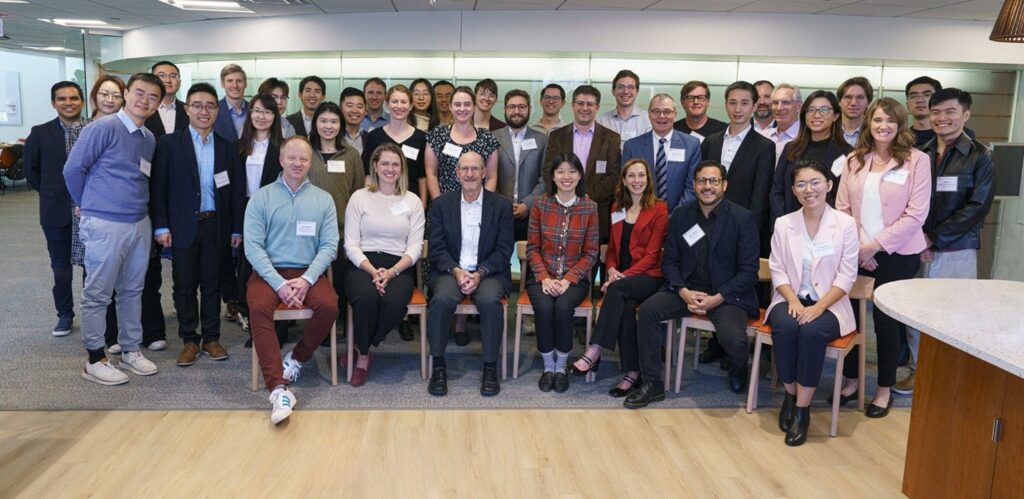Harvard and MIT CEEPR host research workshop on EV charging economics and policy

The workshop, which was co-chaired by Elaine Buckberg, Salata Institute Senior Fellow, Jing Li of Tufts University and Omar Asensio of Georgia Institute of Technology convened scholars who are researching the economics and policy of EVs. The group identified five emerging areas that require more research and strategized ways to pursue it.
- Ensuring equity in charging access: How do researchers obtain robust community feedback on preferences and needs?
- Medium- and heavy-duty fleets: What unique economic challenges are faced in electrifying these sectors, and how are these challenges different from light-duty electrification?
- Real-time data management: Data in the EV ecosystem has the potential to improve the efficiency of the entire system. Who is generating and using data, and how can it be ethically used to improve system functioning?
- Power sector, grid, and electricity rate design: Electric vehicles rely on the supply, transmission, and distribution of power. What are the central issues in regulation, policy, and markets where research can help?
- New technologies / frontier topics: What innovations are in the pipeline, and what can help accelerate their deployment and adoption?
The workshop laid the groundwork for a community of researchers to be more effective and impactful in their work through collaboration and focus on critical and emerging research topics. The Salata Institute and CEEPR plan to host a similar workshop in 2025 to further advance economic research on EV charging that leads to better EV charging outcomes and accelerates EV adoption.
To learn more about Elaine’s work, see Salata’s webpage on electric vehicle charging.